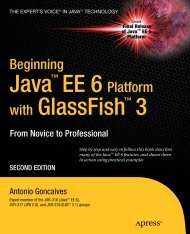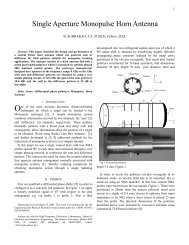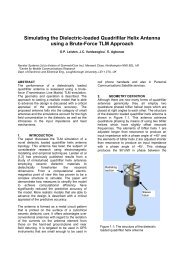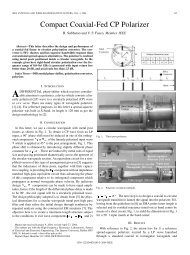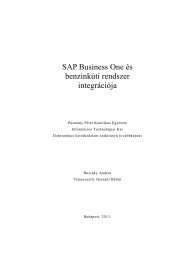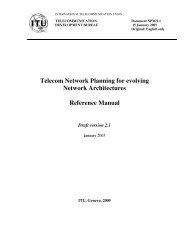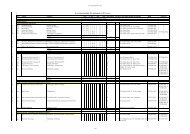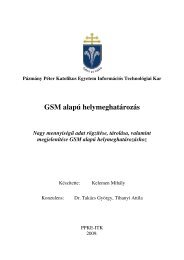PPKE ITK PhD and MPhil Thesis Classes
PPKE ITK PhD and MPhil Thesis Classes
PPKE ITK PhD and MPhil Thesis Classes
Create successful ePaper yourself
Turn your PDF publications into a flip-book with our unique Google optimized e-Paper software.
Chapter 3<br />
Investigating the Precision of<br />
PDE Solver Architectures on<br />
FPGAs<br />
Reconfigurable devices seems to be the most versatile devices to implement array<br />
processors. Flexibility of the FPGA devices enable to use different computing<br />
precisions during the solution of PDEs <strong>and</strong> evaluate different architectures quickly<br />
[30]. Higher computing precision requires wider mantissa which results in larger<br />
implementation area. For that reason it is important to determine the minimal<br />
required computational precision of the algorithm. It is a simple common practice<br />
to use fixed wordlength during the implementation of the datapath on FPGA. The<br />
required silicon area are consumed by a given implementation can be estimated<br />
by the area of the processing units, which is determined mainly by the number<br />
of operations.<br />
In this chapter the optimal precisions with fixed-point <strong>and</strong> floating-point arithmetic<br />
units on a simple test case is investigated. A single uniform wordlength<br />
was determined in order to have the required accurate solution. There are more<br />
elegant ways to find a more area efficient solutions, like the multiple wordlength<br />
selection problem, but it is proven to be a NP-hard problem [63].<br />
The main motivation of the investigation of the precision was the finite number<br />
of resources. Because different type of problems requires different computational<br />
precision it is necessary to know which problem can be mapped into the FPGA.<br />
In the next section a simple PDE is investigated in order to find a method to<br />
69


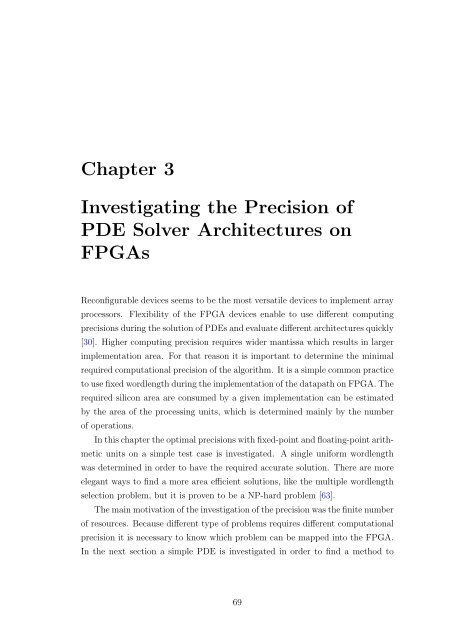

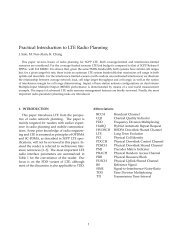
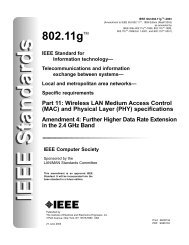
![optika tervezés [Kompatibilitási mód] - Ez itt...](https://img.yumpu.com/45881475/1/190x146/optika-tervezacs-kompatibilitasi-mad-ez-itt.jpg?quality=85)
